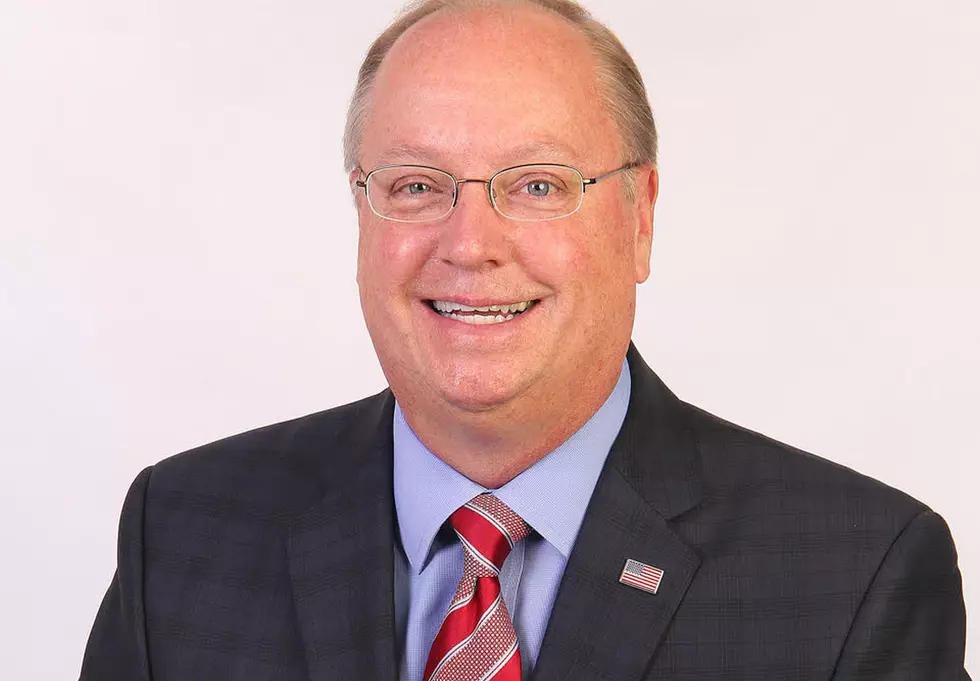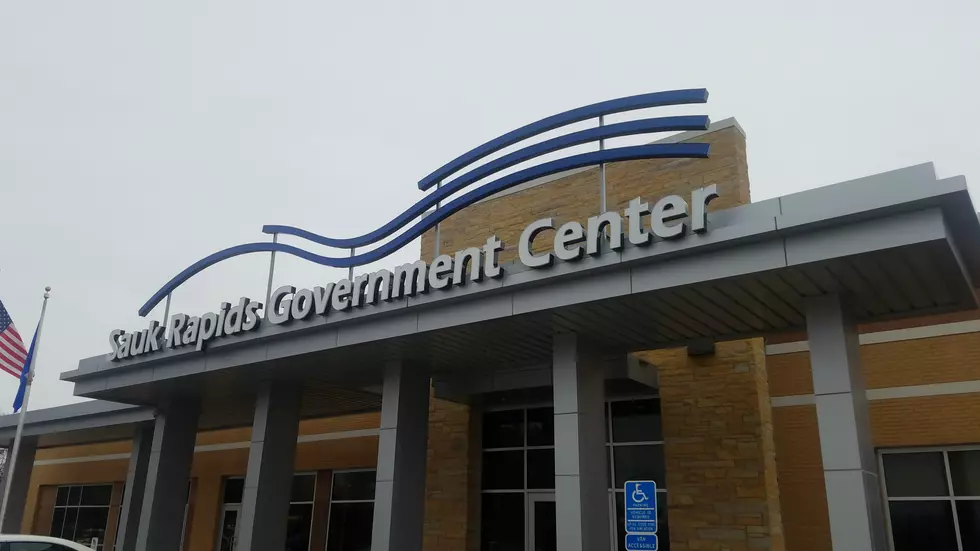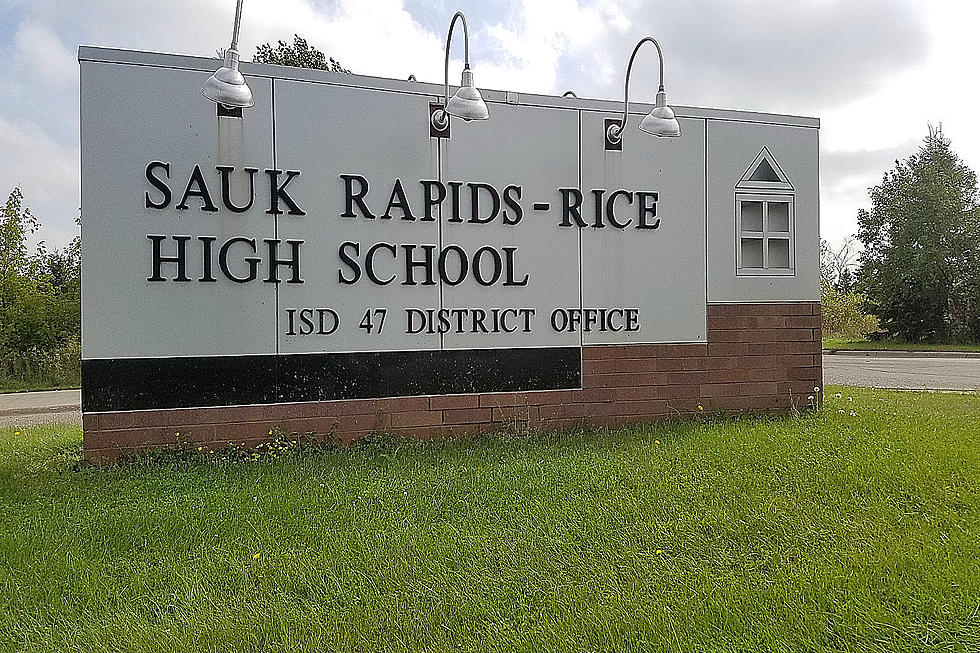
What Are the Rules On Making Claims in Political Ads?
UNDATED -- Political ads describing candidates as "dishonest", "criminal", and "crooked" have started to pop-up this election season. That had us wondering, what are the rules when it comes to making statements about a political opponent?
College of St. Benedict and St. John's University political science professor Phil Kronebusch says the United States Supreme Court considers political speech to be the most highly protected.
He says Minnesota does have a law that the candidates and their committees can't make knowingly false statements, but those rules don't apply to outside money.
The independent organizations and the Political Action Committees that's really where there's kind of no holds barred. The broad idea is if they say something false then the candidate can defend themselves during the campaign.
Kronebusch says, even though the false statements seem to be getting worse, he doesn't see the Supreme Court taking up the issue anytime soon.
All indications are is that the Supreme Court would say that's just free speech and our nation's history is built on that, and the response to false speech is more speech correcting that false speech.
He says the 8th Circuit Court of Appeals, which includes Minnesota, has already said it is skeptical of Minnesota's law and whether it is constitutional.
Kronebusch says he, unfortunately, expects the false claims to get a lot worse in the days leading up to the election because the candidates won't have a lot of time to respond to the outrageous claims.
More From AM 1240 WJON









